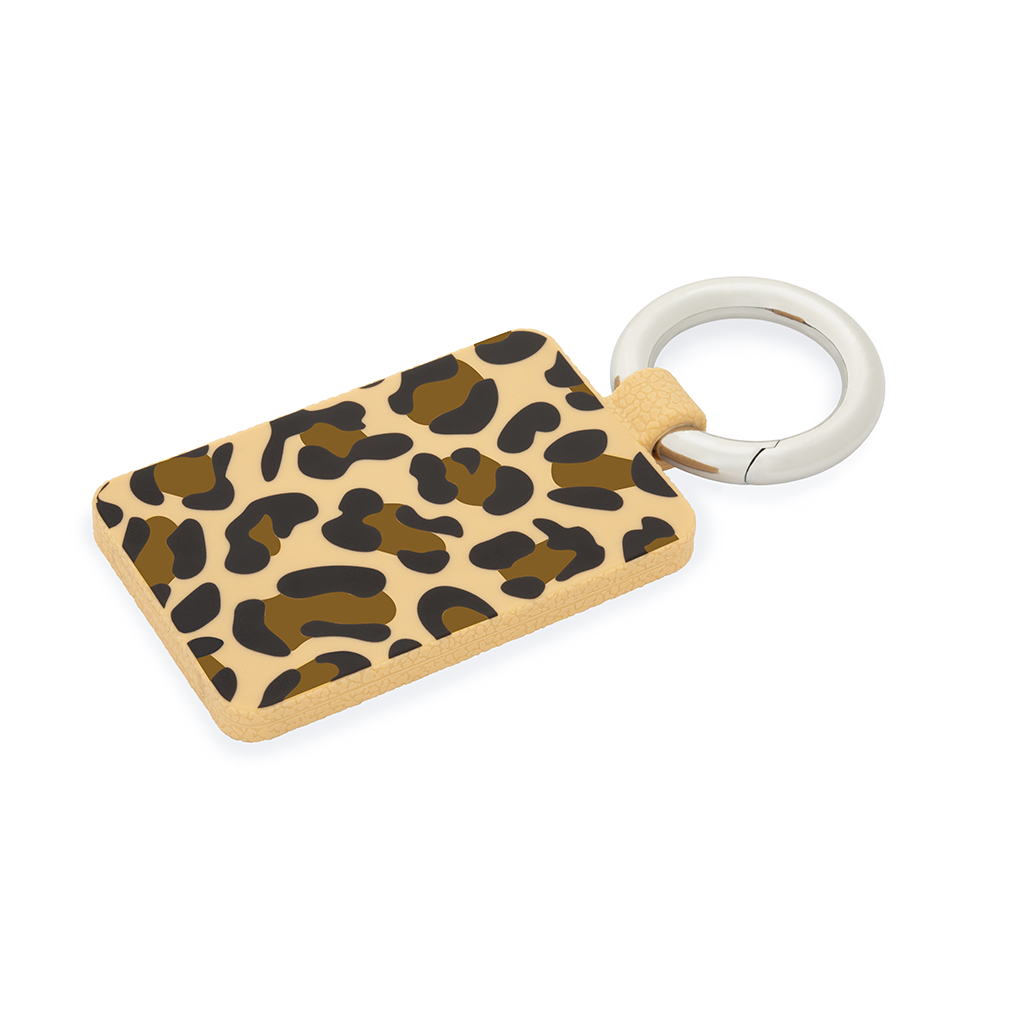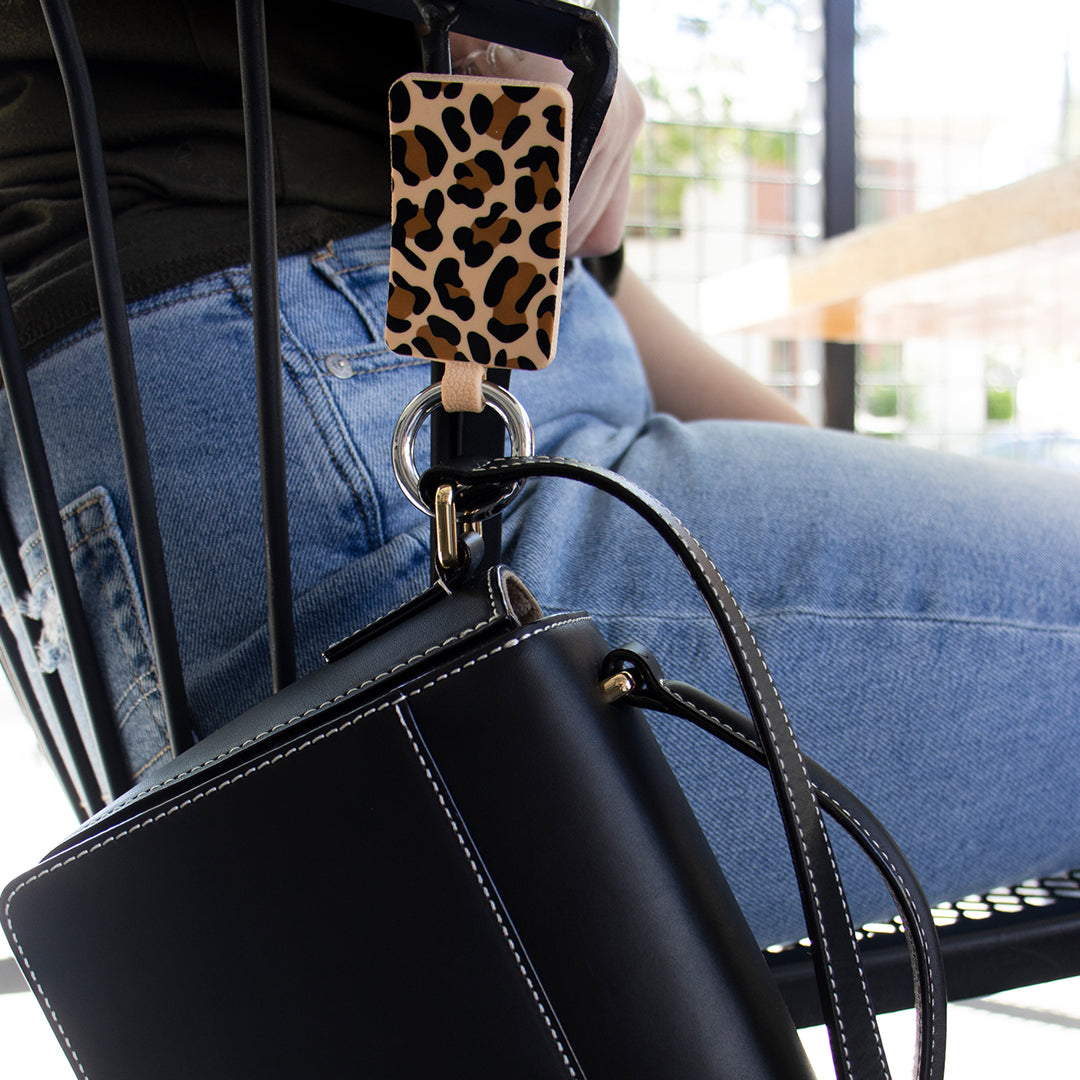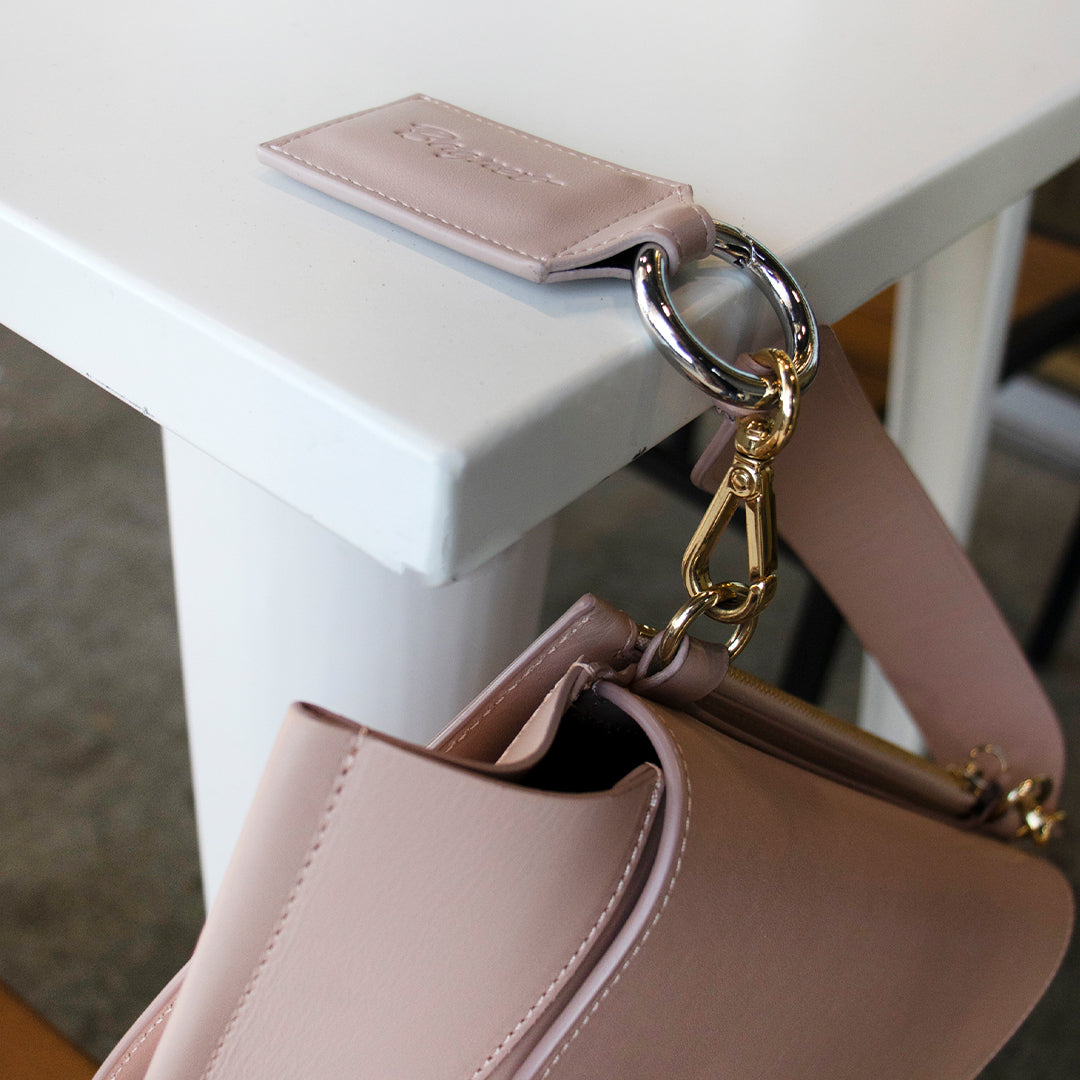Orna Donath conducted a study on women who regret becoming mothers and wrote a book about it. She was inspired by her previous study on Jewish Israeli women and men who don't want to be parents. The idea of women being promised that they will regret not becoming mothers troubled her and led her to explore the topic of regret and motherhood.
She interviewed women who regretted becoming mothers and found that there was no previous academic study on the topic. The women in her study were diverse in terms of age, social class, education, and employment. They felt more secure sharing their experiences with Orna because she was an outsider and wouldn't judge them. Orna preferred to use the term 'woman who don't want to be a mother' instead of 'child-free' because she didn't like that the term 'child-free' centered around children. She also interviewed men who regretted fatherhood but focused on women in her book due to space limitations and the different societal treatment of women who don't want to be mothers.
Society weaponizes regret against women who choose not to be mothers, and Orna believes that regret is a natural human emotion that should be acknowledged. She emphasizes that motherhood is a life-changing event and it's okay for women to feel regret about it. Orna also discusses the concept of passive decision making or automatic transitioning from non-motherhood to motherhood, where women don't stop to think about whether they want to be mothers or not. She questions the idea of free choice when society dictates what women should choose. Orna also talks about feeling rules in motherhood, where women are expected to love both motherhood and their children and enjoy both aspects. She found it astonishing that there is a social disbelief and denial of regretting motherhood. In this conversation, Orna Donath discusses her research on women who regret becoming mothers and the societal response to this regret.
She emphasizes the importance of understanding and validating the experiences of these women, who often face harsh judgment and criticism. Donath distinguishes between regretting motherhood and regretting one's children, highlighting that many women love their children but dislike the role of motherhood. The conversation also explores the impact of identity loss, the limitations of postpartum depression as an explanation for regret, and the societal pressure to view motherhood as a fulfilling role. Donath encourages women to sit with the uncertainty of motherhood and make choices based on self-knowledge and personal desires. She also discusses her upcoming book on elderly women who are not mothers.
Takeaways
- Regretting motherhood is a valid and natural human emotion that should be acknowledged and respected.
- Women who don't want to be mothers should not be judged or made to feel guilty.
- Society needs to recognize and respect the diversity of women's choices and experiences.
- Automatic transitioning into motherhood without reflection and choice is common due to societal expectations.
- Feeling rules in motherhood dictate that women should love both motherhood and their children, which can be unrealistic and harmful. It is important to understand and validate the experiences of women who regret becoming mothers, as they often face harsh judgment and criticism.
- Regretting motherhood is different from regretting one's children; many women love their children but dislike the role of motherhood.
- Identity loss is a significant factor in the experience of regretting motherhood.
- Postpartum depression is not the sole explanation for regretting motherhood, and it is important to avoid pigeonholing women's experiences.
- Viewing motherhood as a relationship rather than a role can help bring it back to a more realistic and individualized perspective.
- Women should sit with the uncertainty of motherhood and make choices based on self-knowledge and personal desires.
Sound Bites
- "I wrote about women who regret becoming mothers"
- "I don't want to be a mother"
- "Regret is so human"
- "I could really identify with them or understand what they are saying without being a mother because it was like a time machine."
- "There's a section of the book where there's many consecutive quotes from women who answered this question that you asked them. You said, if you could go back in time with the knowledge and experience you have today, would you become a mother? And all of the women said that they would not become a mother again."
- "I love my children. I hate being their mother."
Chapters
- 00:00 Introduction and Inspiration for the Study
- 03:00 The Validity of Regretting Motherhood
- 06:02 Diverse Experiences and Choices
- 11:39 Challenging Societal Expectations
- 25:33 Feeling Rules in Motherhood
- 32:51 Understanding the Experiences of Women Who Regret Motherhood
- 34:19 The Overwhelming Consensus of Regret Among Women
- 35:08 Distinguishing Between Regretting Motherhood and Regretting Children
- 36:33 The Complexity of Love and Relationship in Motherhood
- 37:56 Identity Loss and the Impact on Regretting Motherhood
- 39:49 Challenging the Notion of Postpartum Depression as the Sole Explanation for Regret
- 42:02 The False Promise of Time Easing Difficulties in Motherhood
- 46:29 Viewing Motherhood as a Relationship Rather Than a Role
- 53:39 Embracing Uncertainty and Making Choices Based on Self-Knowledge
- 59:49 Upcoming Book on Elderly Women Who Are Not Mothers







